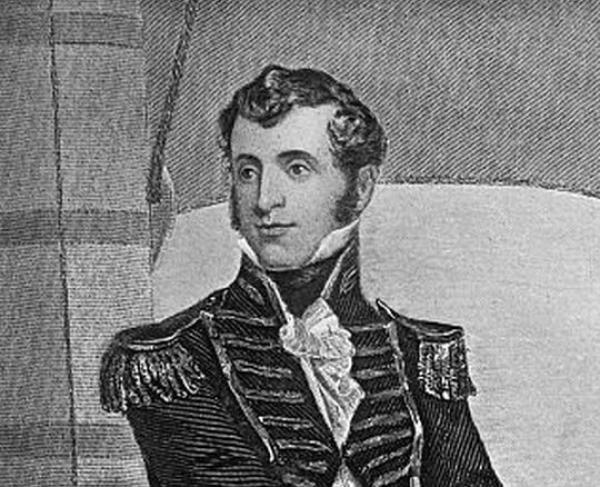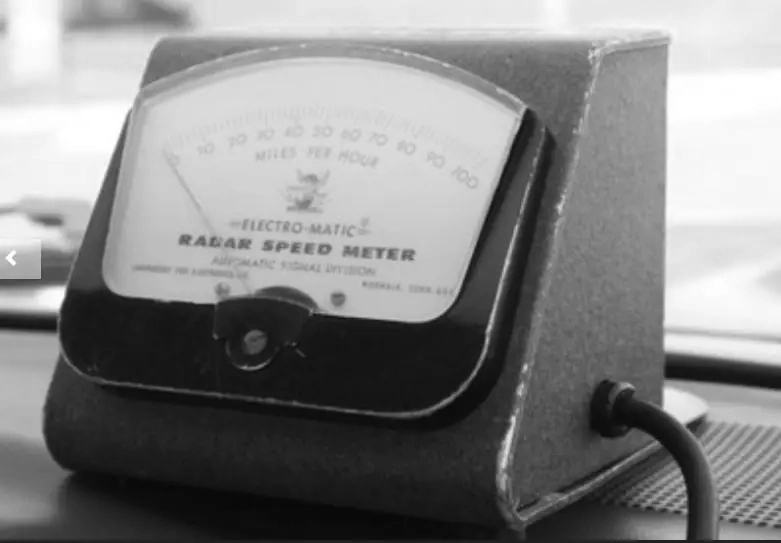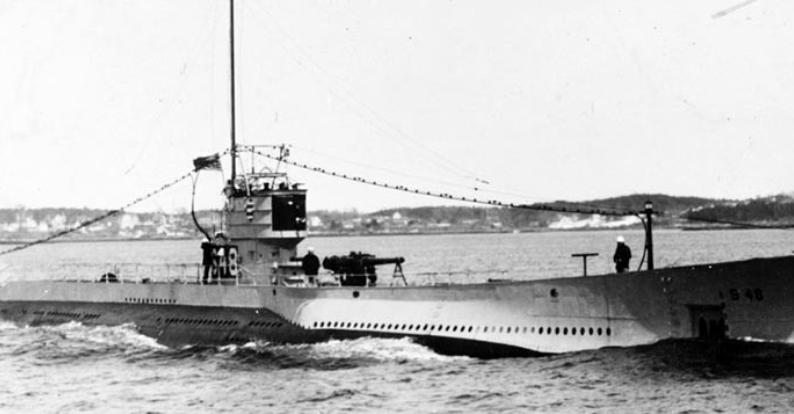On March 22nd, 1820, the United States Navy suffered a great loss with the death of one of its most distinguished officers, Stephen Decatur. Decatur was not lost in battle or in a heroic naval engagement, but rather in a senseless duel with a fellow officer, James Barron.
The duel was the result of a long-standing feud between Decatur and Barron, which had begun years earlier when Barron was court-martialed for surrendering his ship to the British during the War of 1812. Decatur had been one of the members of the court-martial, and Barron had never forgiven him for his part in the decision to strip him of his command.
As tensions between the two men escalated, they agreed to meet in a secluded spot in Bladensburg, Maryland, to settle their differences with a pistol duel. Decatur was struck in the abdomen by Barron’s bullet and died a few hours later.
Decatur’s death was a tragic loss for the U.S. Navy, which had lost one of its most talented and respected officers. Decatur had served in the Navy for over twenty years and had distinguished himself in numerous engagements, including the Tripolitan War and the War of 1812. He was also known for his leadership and bravery, and was widely admired both by his fellow officers and by the American public.
The circumstances of Decatur’s death sparked outrage across the country, and led to renewed calls for an end to the practice of dueling, which was seen as barbaric and incompatible with the ideals of democracy. In the years that followed, many states passed laws outlawing dueling, and the practice gradually fell out of favor.
Today, Stephen Decatur is remembered as one of the most talented and heroic officers in the history of the U.S. Navy. His death was a tragic reminder of the senselessness of violence and the importance of resolving conflicts peacefully.










